Graham Reid | | 1 min read
Micah P. Hinson and the Pioneer Saboteurs: Seven Horses Seen
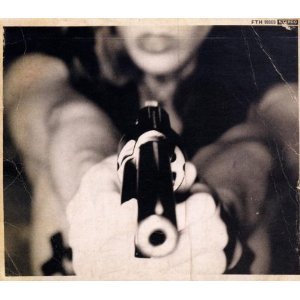
Recorded over a two year period and soaked in strings, this folksy rumination on the state of his nation takes its inspiration from Walt Whitman's poem Pioneers! O Pioneers!, a kind of literal and metaphorical reverse-mirror Times They Are A' Changin' of its day when the young America was flexing its muscles across the continent.
Hinson uses this starting point to consider, in places, how the once-mighty has fallen and his dark baritone brings gravitas to the more disturbing visions: 2's and 3's; Seven Horses Seen which sounds like a Civil War ballad reset into an inner city crack-blighted suburb; the Johnny Cash-like delivery on My God My God . . .
But as always he delivers a gorgeous ballad: Take Off That Dress For Me over acoustic guitar; The Letter at Twin Wrecks which again sounds like it is grounded in the Civil War.
This is music of unease and in places outright anger. Hinson is on record saying he and the band members don't like what they see in their country and how change only benefits those at the top. "We stand up for the ones on the bottom. The pioneer saboteurs ain't just a name for a band, it's fuckin' revolution, man".
If that's the case it is one of quiet subversion rather than of storming barricades: there are more songs of sombre observation (The Cross That Stole This Heart Away) than of calls to arms.
The personal here acts as a metaphor for the state of the nation in emotional and fiscal stasis perhaps (Stuck on the Job "and darlin' I'm so sorry") and the electronica processing is discreet enough to ensure these songs are grounded in the past but also contemporary and relevant (the rather stately sounding She's Building Up Castles in Her Heart with its megaphone static alongside keening fiddles).
The 12 minute The Returning at the end -- before their spoken-word treatment of a truncated version of the Whitman poem, which reminds you how much Kerouac and Ginsberg owed to Whitman -- is all apocalyptic guitar and closer to parts of Neil Young's Le Noise than anything which has preceded it . . . before it fades into a pastoral string ballad echoing the opening instrumental.
Hinson has certainly made "easier" albums than this, but none quite so deep, dense and desperate.
Like the sound of this? Then check out these.
FOR OTHER 'BEST OF ELSEWHERE 2011' ALBUMS GO HERE.

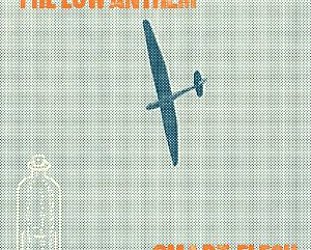
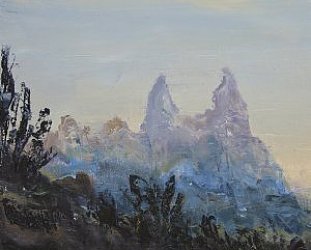
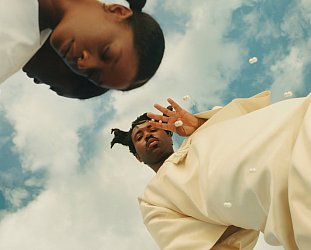
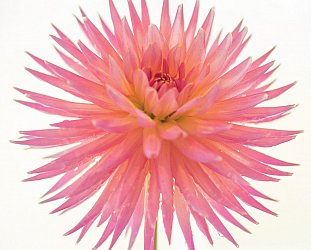

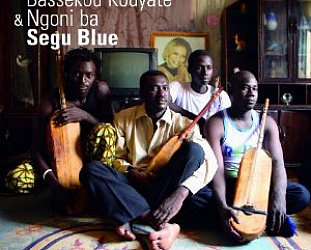
post a comment